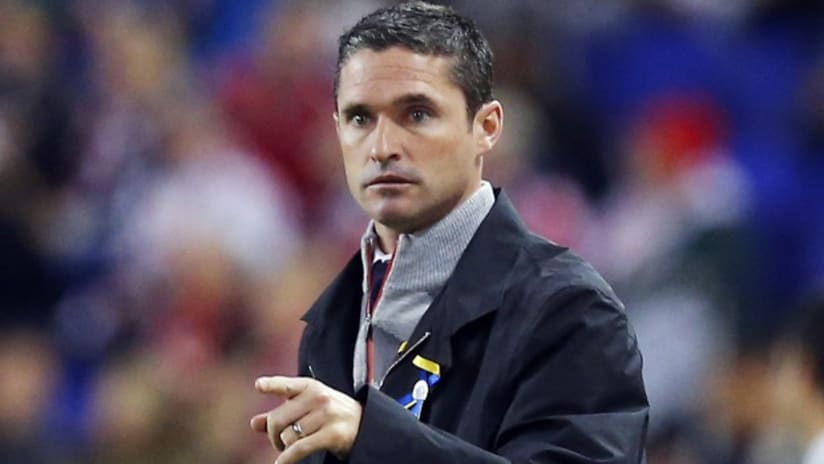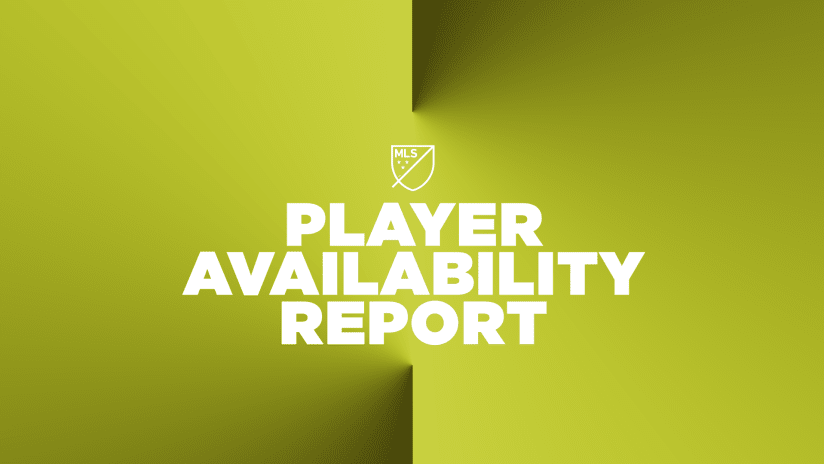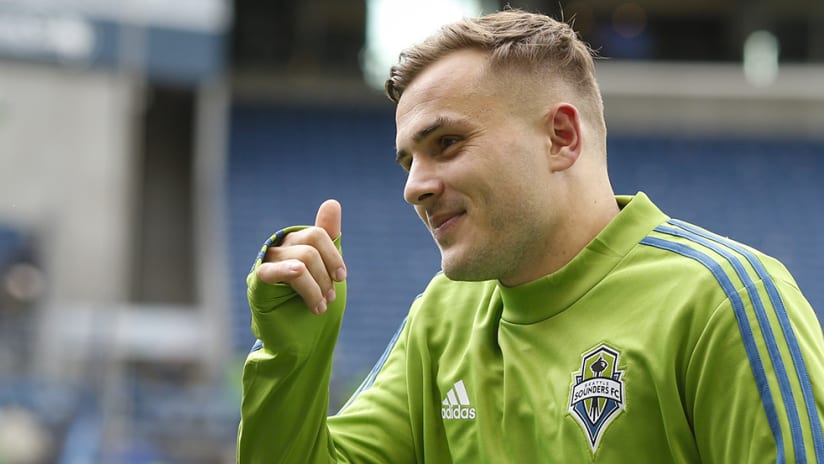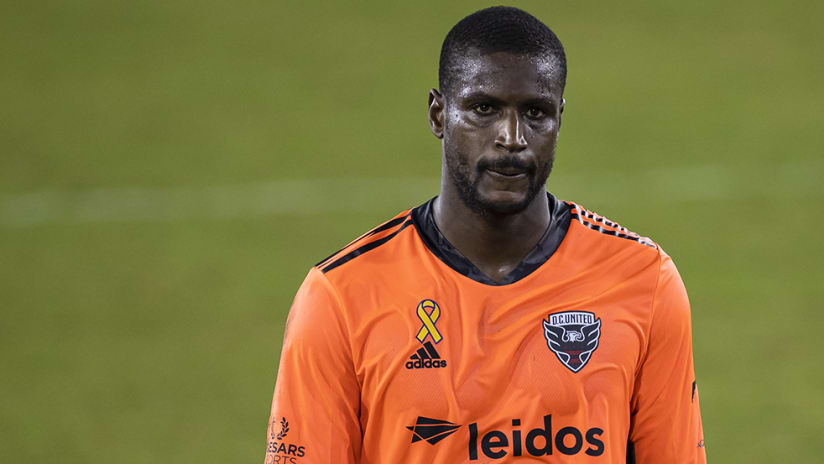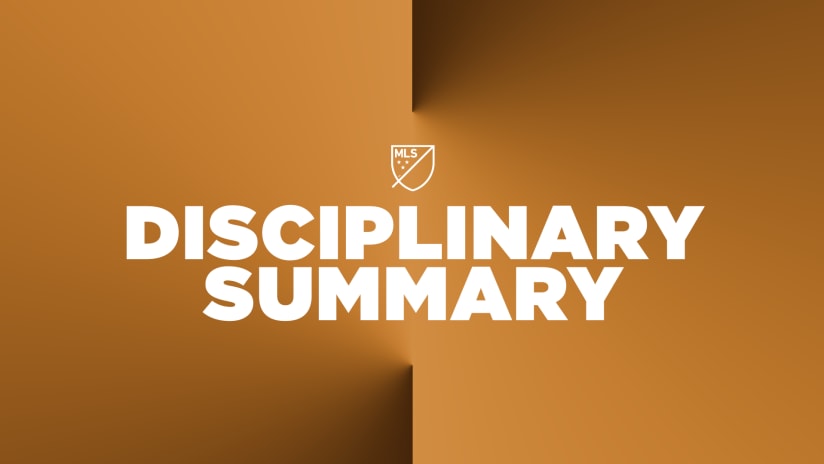FOXBOROUGH, Mass. – New England coach Jay Heaps expected the MLS Disciplinary Committee to evaluate an incident in the waning stages of the Revolution's 2-0 victory over Philadelphia on Saturday.
Heaps thought the Disciplinary Committee might take a long, hard look at Michael Farfan's tackle on Andrew Farrell seconds before the final whistle. The robust challenge left Farrell with a knee injury set to sideline him for Thursday's match at Portland (10:30 pm ET; Univision Deportes) and sparked a furious reaction from the home side at the time.
Although Farfan escaped rebuke, another lunge within the same time frame prompted the Disciplinary Committee to dole out a one-match ban and an undisclosed fine. The decision to suspend Chris Tierney for his foul – an over-the-ball tackle on Sébastien Le Toux in the 90th minute – flummoxed Heaps and the rest of the Revolution organization.
READ: Farrell's status uncertain for Portland trip
“You're in the same match,” Heaps told MLSsoccer.com. “You think that if there's going to be a reaction from the Disciplinary Committee, it's going to go one way. Instead, it goes the exact opposite. Clearly, we're disappointed. Quite frankly, we are shocked. It's a tough one for the entire organization. We feel hard done by this one.”
Context – particularly in light of Farfan's reprieve – plays a role in that bemusement, but Heaps also touched on wider concerns about the role of the Disciplinary Committee in reviewing incidents. He praised referee Baldomero Toledo's handling of the game (“I thought Toledo had an excellent match,” Heaps said) and wondered what sort of impact the retrospective action would exert on the referee's authority on the field.
“It's disappointing,” Heaps said. “It's a disappointing ruling from the Disciplinary Committee. I looked at the foul a few times on tape. For me, the timing of it and the intent behind it, clearly, it's a challenge that I can't believe is actually being reviewed. It feels almost like it's re-refereeing the match.”
Heaps contends that players – or at least his thoughts from when he played – felt comfortable with the Disciplinary Committee's role to rectify concerns created by sequences missed by the referee. They felt protected by the knowledge that the Disciplinary Committee would act if an incident occurred behind a player's back.
READ: Revs call up Duckett to make up numbers vs. Timbers
The expanded purview of the five-person Disciplinary Committee – as directed by the Board of Governors and as restrained by a set of strict guidelines, including the unanimity required to assess retrospective action in Tierney's case – permits a broader look at any potential flash point during the match. The league has derived benefits from this retroactive approach, but Heaps notes that it also presents some consistency issues going forward.
“When the referee is in plain sight and the referee makes decisions, now we're starting to get into a little gray area,” Heaps said. “To me, you can't go halfway with re-refereeing the match. You have to go all of the way. You have to review almost every challenge in super slow-motion. It's unfortunate. You can't go halfway in. You have to make sure you are making decisions across the board.”

